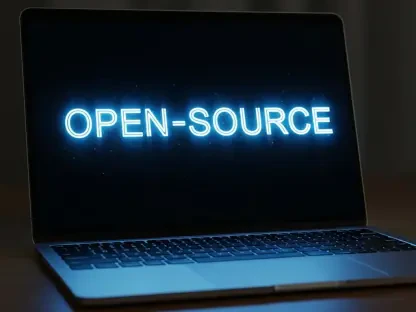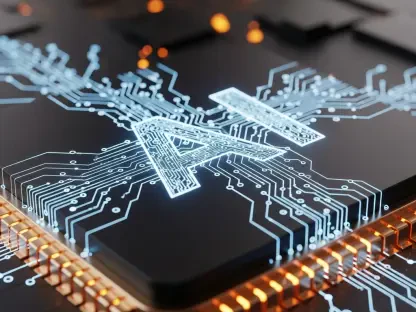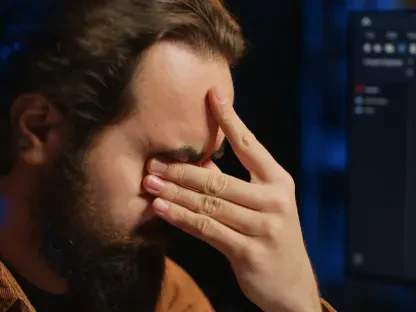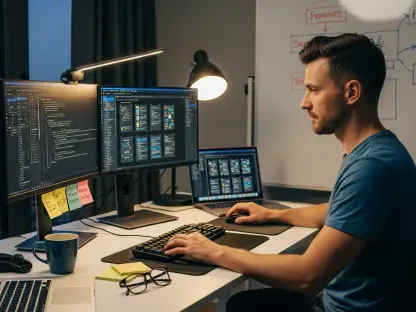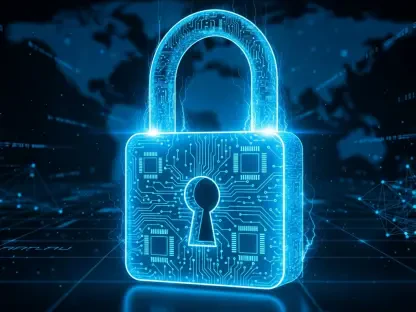The recent discontinuation of the popular open-source Nintendo Switch emulator, Ryujinx, has sent ripples throughout the tech and gaming communities. This move comes amidst a backdrop of relentless legal pressure from Nintendo, aimed at curbing emulation activities that the gaming giant argues facilitate piracy and pose significant financial risks. The Ryujinx project, which enabled users to play Nintendo Switch titles on personal computers, was halted following direct intervention from Nintendo, underscoring the ongoing battle between emulator developers and Nintendo’s legal team.
Nintendo’s Relentless Legal Campaign
The Intervention and Its Impact
The legal pressure applied by Nintendo to halt the development of Ryujinx is part of a broader strategy that the company has been employing for years to combat emulators. Developers of Ryujinx, notably gdkchan, were approached by Nintendo with a proposition to cease all development and take down all related assets in exchange for a legal agreement. This led to the Ryujinx project being terminated on platforms like GitHub, marking another victory for Nintendo in its sustained efforts to control emulation.
Nintendo’s actions are deeply rooted in its stance that emulators enable piracy, threatening its revenue streams from both current and future titles. By forcing the cessation of emulators like Ryujinx, Nintendo aims not just to protect its intellectual property but also to ensure its business model remains intact. The move underscores the legal risks that emulator projects face, often leading to significant financial and operational challenges. Ryujinx’s termination reveals the extent of Nintendo’s influence and the precarious position of emulator developers navigating such a fraught legal landscape.
Recent Legal Actions Against Other Emulators
Ryujinx’s discontinuation is not an isolated incident but part of a larger pattern of legal actions by Nintendo. In March, the Yuzu emulator’s development team faced a similar fate, being compelled to pay a $2.4 million settlement to resolve a lawsuit filed by Nintendo. This action against Yuzu served as a stark warning to other emulator projects about the potential repercussions of legal disputes with the gaming titan.
Despite these legal entanglements, the Ryujinx team had made considerable progress, with their emulator being tested on approximately 4,300 Nintendo Switch titles. Out of these, about 4,100 could boot into gameplay, and 3,550 were deemed fully playable. Such advancements demonstrate the technical prowess and dedication of the emulator community, which often operates in legally gray areas yet continues to push boundaries to enhance gaming accessibility. However, the legal risks and associated costs serve as formidable barriers, deterring new developments and innovation in the emulation scene.
Persistence Amid Legal Challenges
The State of Other Projects
Despite the successful legal strikes by Nintendo, other projects in the Switch emulation scene continue to operate, albeit more cautiously. Suyu, a fork of the Yuzu emulator, is described as existing in a “legal gray area” and remains operational on self-hosted servers. Suyu has faced takedowns on platforms like GitLab and Discord, yet it persists, illustrating the resilience and determination within the emulation community.
Similarly, another Yuzu fork, Sudachi, has endured legal challenges, having been removed from GitHub through a Digital Millennium Copyright Act (DMCA) request. These ongoing legal battles highlight the climate of increasing pressure from Nintendo, leading to a fragmented and cautious approach to development within the emulation community. Despite these adversities, developers continue to find ways to sustain their projects, though often in a more low-profile and decentralized manner.
The Resilience of Emulator Developers
The emulation community’s resilience is not merely technical but also philosophical. Developers and enthusiasts alike emphasize the critical role of emulation in game preservation. Due to the transient nature of gaming consoles and the obsolescence of hardware, emulation is seen as a vital tool to ensure the longevity and accessibility of older games. This sentiment is echoed by developers like riperiperi, who advocate for the necessity of emulation despite the harsh legal landscape.
The persistent efforts to keep emulation projects alive underscore a core belief within the community: that the benefits of preserving gaming history outweigh the legal risks involved. Even with Nintendo’s aggressive legal strategies creating significant hurdles, the drive to keep older and newer games accessible remains strong. This highlights a broader debate about the balance between intellectual property rights and the need for cultural and historical preservation within the gaming industry.
The Future of Emulation and Game Preservation
The Role of Legal Pressure in Shaping the Community
Nintendo’s aggressive legal actions are shaping the future landscape of emulation development. By targeting high-profile projects like Ryujinx and Yuzu, Nintendo is sending a clear message about the potential legal consequences of such endeavors. This has led to a more cautious and fragmented community, where developers often work anonymously or on decentralized platforms to avoid potential legal repercussions.
The legal pressure also has a chilling effect, discouraging new developers from entering the scene and stifling innovation. However, it also forces the community to evolve and find creative solutions to continue their work. The emulation community is thus in a constant state of adaptation, seeking ways to balance the pursuit of accessibility and preservation with the need to remain within legal boundaries.
The Ongoing Debate: Preservation vs. Piracy
The shutdown of Ryujinx underscores the ongoing debate over emulation and intellectual property rights. Nintendo argues that emulators like Ryujinx facilitate piracy and undermine its business model. On the other hand, emulator proponents claim they preserve gaming history and offer accessibility options.
Ryujinx allowed users to play Nintendo Switch games on their personal computers, providing an alternative platform for gamers who wanted to experience Switch titles without owning the actual console. The Ryujinx project was a favorite among many gamers who wanted more flexibility in how they enjoyed their games, making its termination a significant event in this debate.
The persistent efforts to keep emulation projects alive reveal a core belief within the community: that the benefits of preserving gaming history outweigh the legal risks involved. Even with Nintendo’s aggressive legal strategies creating significant hurdles, the drive to keep both older and newer games accessible remains strong, highlighting the broader debate about the balance between intellectual property rights and the need for cultural and historical preservation within the gaming industry.


